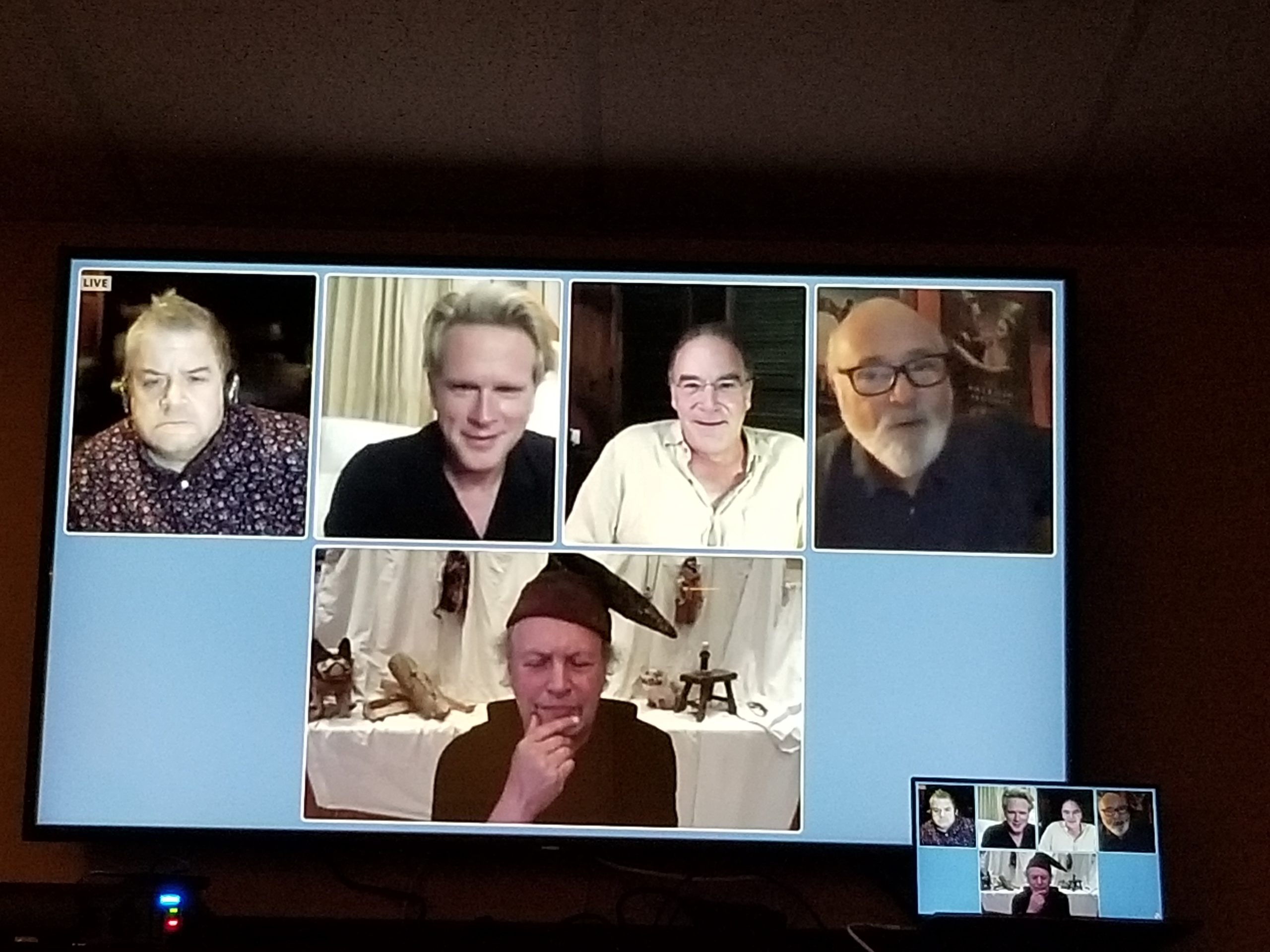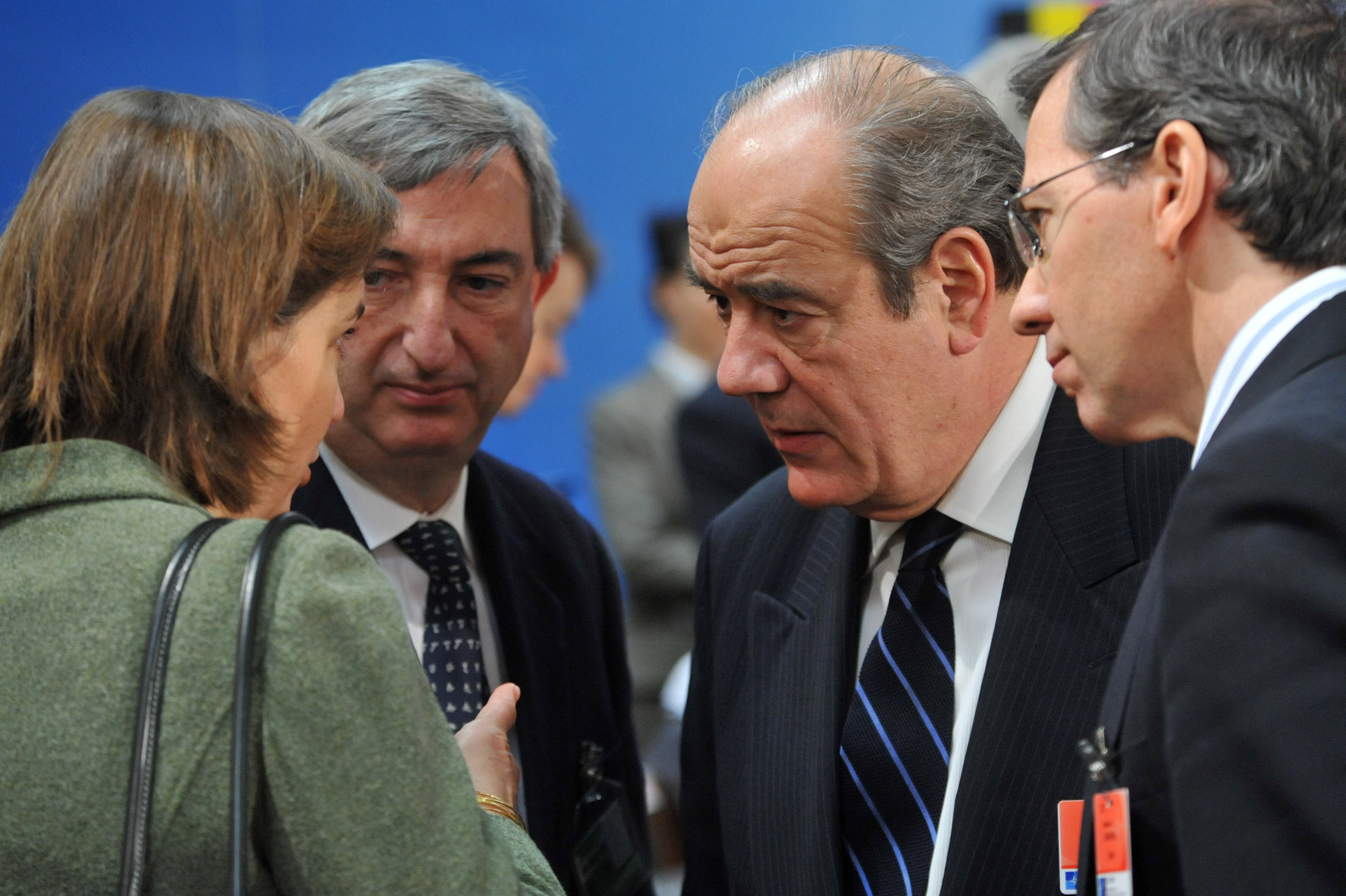UPDATE: As a commenter helpfully pointed out, the person whose tweet I'm responding to was a political science Professor, not a historian. This kind of messes with the framing of this post but rather than stealth re-write it I'll leave it as is and let you interpret...







